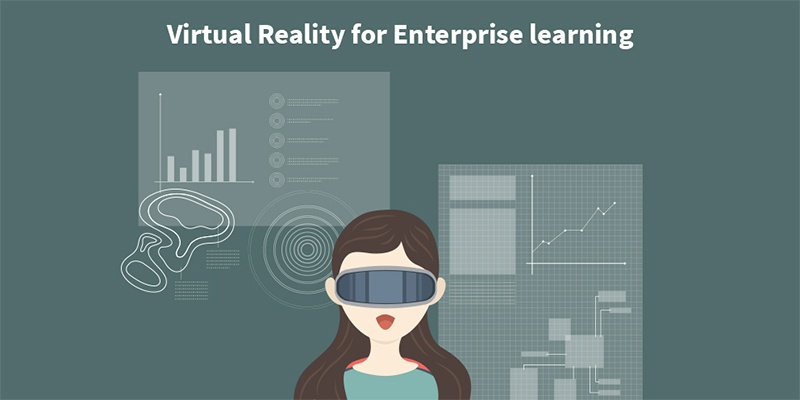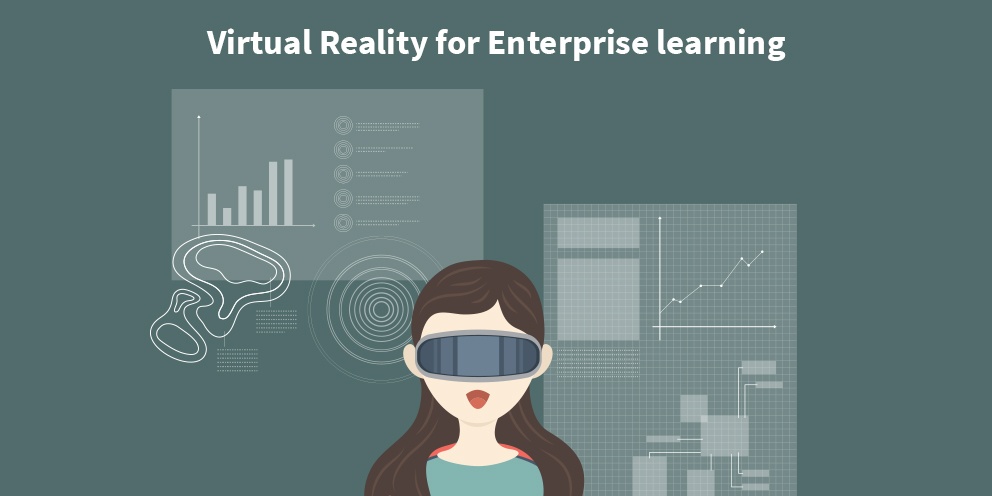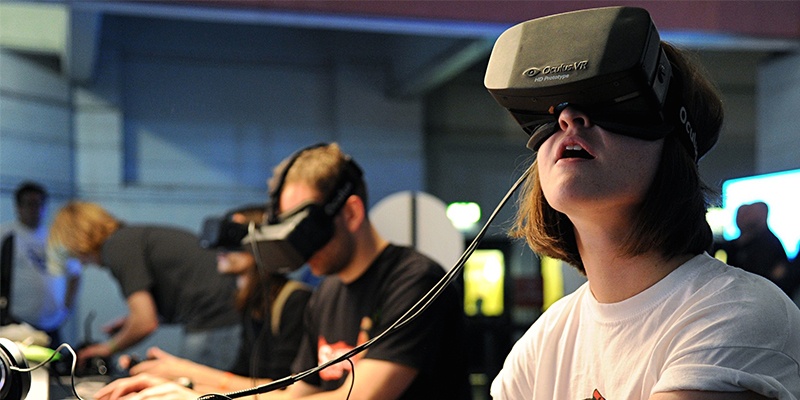

You may be too young to remember Zork, but those of us of the weathered generation remember our adventures in the “Great Underground Empire.” We typed commands into a text processor and awaited the news of whether we had survived our decisions. Remembering the heart-pounding adrenaline rush of exploring the unknown with only a text parser, we can see why today’s world of Pokémon Go has captured millions of players.
Pokémon Go is a location-based augmented reality mobile game that allows users to capture, train and develop virtual creatures (Pokémon) as though they are in the real world. Using an IOS or Android device and location technology, Pokémon can appear anywhere, and players must go to their actual location to capture them.
Millions of people are walking around their cities and towns, getting more exercise and improving their skills in strategy, risk-taking, memory, math, and social cooperation. If we pay attention, we can apply a few lessons to the way we help people learn at work.
The game reinforces our faith in e-learning, mlearning, and virtual reality. In our blended approach to learning, we use role play both in person and in e-learning. We already use rewards, competition, and social interaction to enhance the learning experience. But we can take lessons from Pokémon Go to make our designs even better.
Many of the online messages about Pokémon Go are between people who are sharing their knowledge about the game and seeking to learn more. It reminds us that people like to learn, and successful learning creates the desire to learn and share. If we build it, they will come -- if we do it well.
For us, the most intriguing thought is what augmented reality may mean to the future of learning, performance support, and problem-solving. Imagine virtual leadership mentors for new managers, talking diagrams for remote technicians, or three dimensional decision models. The possibilities are endless.
What possibilities might exist in your organization?

The technology that has come out to be extremely awe-inspiring and beneficial to learners is the Virtual Reality. This gradually earning global attention, is found to have huge beneficial impact on the minds of the knowledge diggers.
Learners being trained on a particular machine using the normal on the job methods is quite common, but this way of learning tend to be more time and cost driven. It enables learners to virtually learn how to perform a particular task or operate a machine and extend their skills with real time application of capabilities. The best part to this is that they are learning in virtual environment which is in-line with their actual work.
Virtual reality in learning benefits learning belonging to variety of combinations, be it engineering, or mechanics or operation of a machinery or in fact compliance needs of the organization. It is a common belief that learners tend to learn faster if they look at something and experience it practically rather than just by a set of self paced sessions. This hits at those aspects of learning which cannot be achieved through purely self pace approach.
Learning is interlinked with technology and this synergy has been able to affect the lives of millions. Corporate learning has experienced a transition in past few years. And this new innovative way of learning with maximum utilization of technology has been able to bring a revolutionary change in the style of learning. This has opened a new window for learners, giving them the opportunity to try new things and learn something new all the time.
This has come out to be an unconventional approach to the traditional way of learning in organizations.
In virtual reality, learning is based on real time use cases. Learners can choose the way they want to learn and use technology to learn better.
To learn with effectiveness and with satisfaction is what Virtual reality aims at achieving. There are several benefits of introducing it into your corporate learning landscape.
Thus, introduction of virtual reality aspects into learning is changing the corporate learning landscape, having a very positive impact on enterprise learning, which will add high value among learners and increase retention.

Identifying the right learning strategy can make a big difference in learning results. Virtual reality is one of the strategies that is redefining the way people learn.
Goldman Sachs have forecast the education Virtual Reality (VR) market at $700 million by 2025, and with VR being rated the fourth-hottest workplace trend for 2017. In a survey conducted by Ambient Insight, 42% of companies reported that virtual training has led to increased revenue.
VR puts your people in live scenarios and offers them a real-world view of the situations they will experience on the job, driving better learning outcomes in a shorter time. Virtual reality can be very effective in situations where live on-the-job training or simulation is too expensive, disruptive, or risky, like onboarding, product knowledge training, safety training, and soft skills training.
Here are the few insights on how VR can make your employee training more effective and engaging.
Facilitate learning by doing.
Immersive learning enables learners to apply knowledge in real time work scenarios in a safe environment. According to the research of Virtual Reality In Workplace Learning study by Sponge UK, 100% of respondents thought they could apply best what they have learn ed when they used VR.
Improve comprehension with a live 360-degree view.
Your learners experience a 360-degree view where they can interact with a virtual setting that approximates the performance environment.
Engaged learning with realistic interactions.
VR puts learners in a realistic experience like a virtual tour with a digital avatar guiding your new hires on your team's processes and tasks, or a virtual walk around of a new product for your sales team.
Avoid the worry of making a mistake with hands-on training experience.
Virtual reality scenarios allow learners the freedom to fail. When mistakes happen, they don't result in a loss of revenue. Instead, learners can analyse the mistakes, learn from them and apply measures to avoid them on the job.
Opportunity to connect with networked application resources while learning.
Virtual reality helps learners collaborate from different locations. It enables them to enter a virtual environment where they can view and manipulate virtual objects together.
Offer an Innovative and enjoyable learning path.
Your learners enter a virtual world that resembles real life on the job. It keeps them engaged, increases retention, and prepares them to apply learning in real situations.
Enterprises are rapidly optimizing Virtual Reality to train their workforces. If you need to train people to be confident and effective on the job, it may work for you.
Pixentia is an enthusiastic family of individuals, fervent to make lives simpler through effective use of technology. Our mission is to implement solutions that drives business results. Know more insights from our thoughts and experience.
Contact us today or call 1-855-978-6816 to talk with us about your business needs.